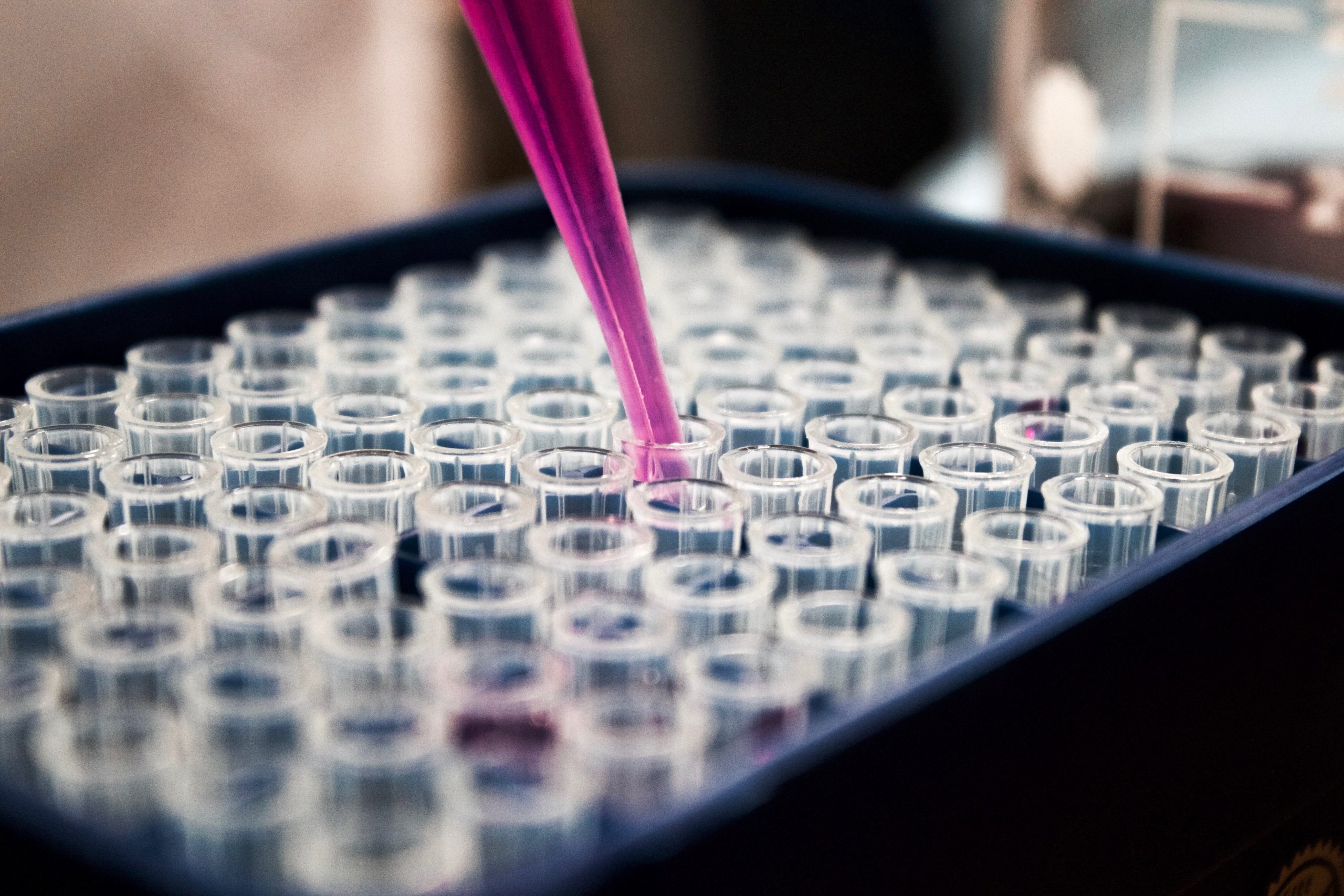The Science Behind Blood Alcohol and Drug Testing
If you’re facing a DUI charge, you may have to undergo blood alcohol and drug testing to determine the extent of your impairment. Understanding how the Georgia Bureau of Investigation (GBI) handles blood samples for drug and alcohol testing can help you better understand the testing process and what to expect.
Receiving and Identifying the Evidence
When the GBI lab receives blood samples for testing, they use a lockbox, courier, or hand-to-hand exchange to receive the evidence. Once received, the GBI technicians scan, take pictures, and create a unique identifying bar code called a DOFS number. This number tracks the evidence throughout the testing process. The sample is then placed in a sealed bag using a heat seal, which melts the plastic together, and initialed to ensure the evidence’s integrity.
Blood Alcohol Testing
The blood alcohol test involves analyzing the blood sample through a headspace gas chromatograph flame ionization mass spectrometry detector. This lengthy name refers to a process where the blood is gently heated to raise the analytes into the gas space. The analytes are then injected into the instrument and proceed through a column that separates them based on their individual characteristics.
Once the analytes exit the column, they go through a flame, which counts the carbon in the sample. Ethyl alcohol, for example, has a specific number of carbons, which creates the peak you see in the results. The sample is then sent to a mass spectrometer, which fragments the ethyl alcohol to identify its specific composition. Once the data is collected, it’s time-stamped, and the results are obtained by averaging two readings.
Blood Drug Testing
The blood drug test involves two types of equipment, an enzyme immunoassay, and liquid chromatography-tandem mass spectrometry LCMS-MS. The enzyme immunoassay is a general screen for five different classes of drugs, including barbiturates, cannabinoids, benzodiazepines, cocaine, its metabolites, and opioids.
The LCMS-MS works by separating and isolating different drugs to determine which specific drugs are present. The drug is broken down into smaller pieces, which is compared to the reference standard of that drug to identify it.
Reliability of Results
It’s important to remember that just because you receive a positive blood alcohol or drug test result doesn’t mean you’re out of options. However, to navigate the legal process effectively, it’s crucial to have a legal team that understands the science behind the testing and can challenge the results if necessary. With their expertise, they can investigate potential errors or discrepancies in the testing process and build a strong defense on your behalf. So, if you’re facing a DUI charge, don’t hesitate to seek a qualified legal team who can fight for your rights and help you understand your options.
